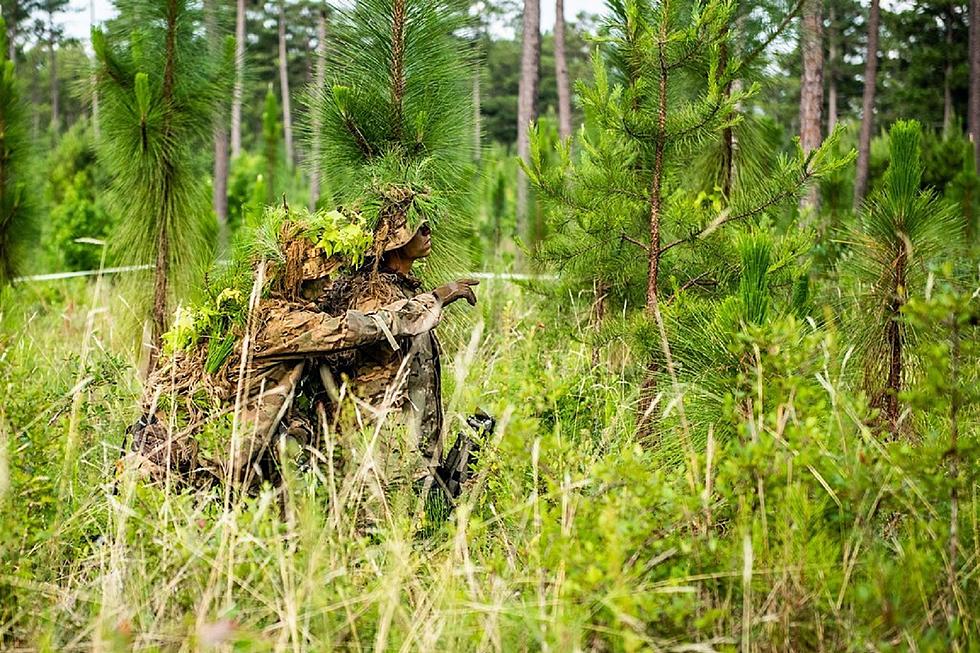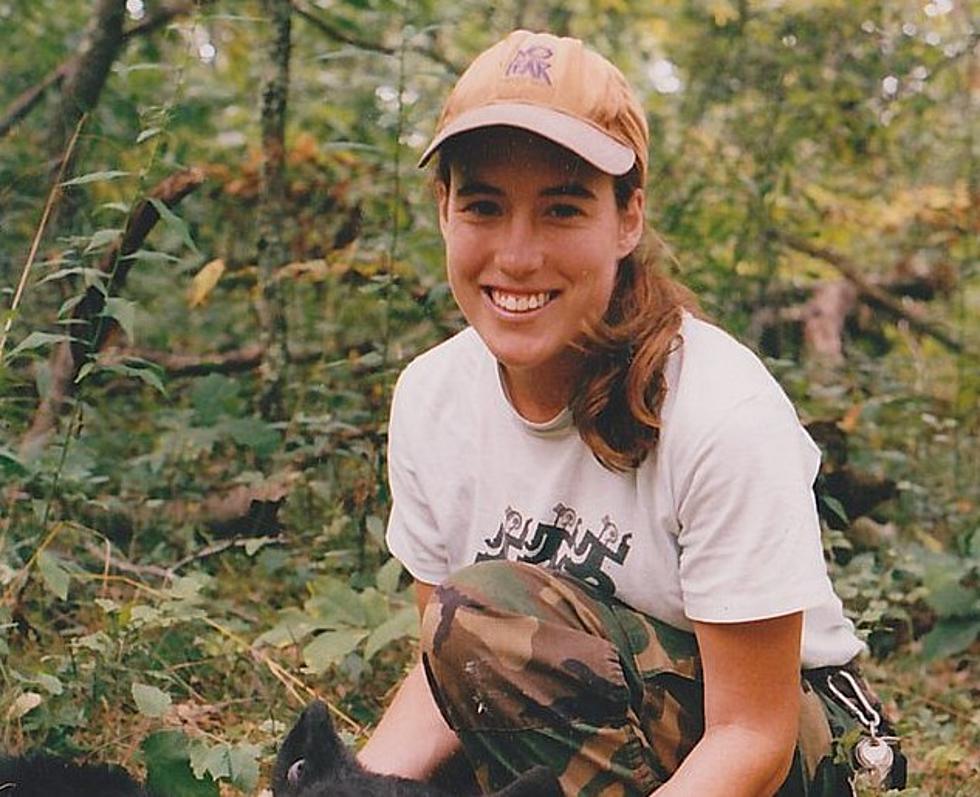
MSU Receives $2.5 Million for American Indian, Alaska Native Nursing Scholarships
BOZEMAN — American Indian and Alaska Native students in the Montana State University College of Nursing will have more opportunities to earn scholarships thanks to a new $2.5 million grant.
The funding will be used for Montana Advantage Nursing Scholarships, which aim to keep American Indian and Alaska Native students in school and increase their graduation rates. The grant, from the Health Resources and Services Administration of the U.S. Department of Health and Human Services, will be distributed over five years.
Laura Larsson, professor in the College of Nursing and director of a program called Caring For Our Own that supports American Indian and Alaska Native nursing students, said the funds will be put to good use.
“The Caring for Our Own Program has a 20-year track record demonstrating that the nursing shortage in rural and tribal areas of Montana can be solved,” Larsson said. “This funding will accelerate our progress.”
Larsson said the funds will support a total of 175 American Indian and Alaska Native nursing students beginning this fall and ending in 2025. The scholarships are expected to support 24 students this year and will increase each year to a high of 37 students supported in the grant’s final year.
All American Indian and Alaska Native undergraduate nursing students are eligible for the scholarships, Larsson said. Students receiving scholarships must be a participating member of the College of Nursing’s Caring For Our Own Program or the university’s TRiO Student Support Services program and have financial need.
“These are effectively ‘full-ride’ scholarships,” Larsson said. “The expectation is that students (receiving the scholarships) will make good academic progress in the nursing undergraduate program.”
The purpose of the Montana Advantage Nursing Scholarships, Larsson said, is to increase enrollment and improve the graduation rate of American Indian and Alaska Native students from the College of Nursing by reducing the financial barriers encountered by those students. An ultimate goal is to achieve health equity for American Indian and Alaska Native populations.
“MSU College of Nursing is committed to increasing the number and quality of American Indian and Alaska Native nurses and primary care providers who are educated to deliver culturally sensitive health care services to American Indian and Alaska Native people living in remote, rural settings and, to a lesser degree, urban areas,” Larsson said. “We know from years of research that having a health care workforce that mirrors the racial or ethnic identities of patients is critical for achieving good health outcomes. Better access to culturally competent, clinically excellent American Indian and Alaska Native nurses will help to meet the health care needs of Montana’s tribal community members.”
Started in 1999, the Caring for Our Own Program, or CO-OP, aims to recruit and graduate Native American nurses, particularly those who will work in Indian Health Service facilities on reservations or in urban settings. CO-OP supports both undergraduate and graduate students with advising and, if needed, tutoring, and through the program students receive financial assistance with tuition, books, fees and supplies. Many students and graduates also say the informal support from CO-OP peers and administrators was crucial to achieving their dream to become a nurse or nurse practitioner. Forty-two students – including 17 pre-nursing, 19 nursing and six doctoral nursing students – are currently enrolled in CO-OP, Larsson said.
By offering resources and support to students, CO-OP and the College of Nursing intend to achieve specific objectives, Larsson said. The first is to recruit more American Indian and Alaska Native students to nursing so nurses in the state will reflect the 6.5% of Montana’s population who identify as Native American. The second goal is retention of American Indian and Alaska Native students across all College of Nursing programs at equivalent rates to their white counterparts. Finally, the third goal is to ensure that American Indian and Alaska Native MSU nursing graduates continue to pass the NCLEX-RN licensing examination or the nurse practitioner certification board examinations at equivalent rates as their classmates. The College of Nursing is committed to ongoing assessment of these objectives along with education for all students on the social determinants of health that lead to disparate illness burden and to diversity and cultural awareness training for all students, staff and faculty, Larsson said.
TRiO Student Support Services – which launched at MSU in 2015 – is funded by a $1.1 million U.S. Department of Education TRIO grant. The program provides students with tutoring, a career coach, financial literacy training, mentoring, study skills training and many other support services offered through the Allen Yarnell Center for Student Success.
Sarah Shannon, dean of the College of Nursing, said that the funding will have a large effect.
“The Montana Advantage Nursing Scholarships will allow MSU College of Nursing to double our impact in this important area,” Shannon said. “We want to help Montana do a better job of providing health care for the Native American people who were its first citizens. We are proud that now we will be able to educate even more American Indian and Alaska Native bachelor’s-prepared nurses ready to provide evidence-based, culturally competent care. The Caring for Our Own Program has been tremendously successful. Now it can reach more American Indian and Alaska Native future nurses.”
Shannon added that MSU’s new American Indian Hall, which is currently under construction, will also provide important support for American Indian and Alaska Native students. The 31,000-square-foot-facility will serve as a home to MSU’s Native American community as well as a bridge between American Indian culture and other cultures on campus. The building is planned to open in 2021.
MSU’s American Indian Hall will house offices for the Department of Native American Studies, meeting areas for students, classrooms, an auditorium for lectures, rooms for tutoring, counseling and advising.
More information about the MSU College of Nursing is available at https://www.montana.edu/nursing/. To learn more about the college’s CO-OP Program, visit https://www.montana.edu/nanurse/.
- By Anne Cantrell, MSU News Service -
More From KSEN AM 1150









